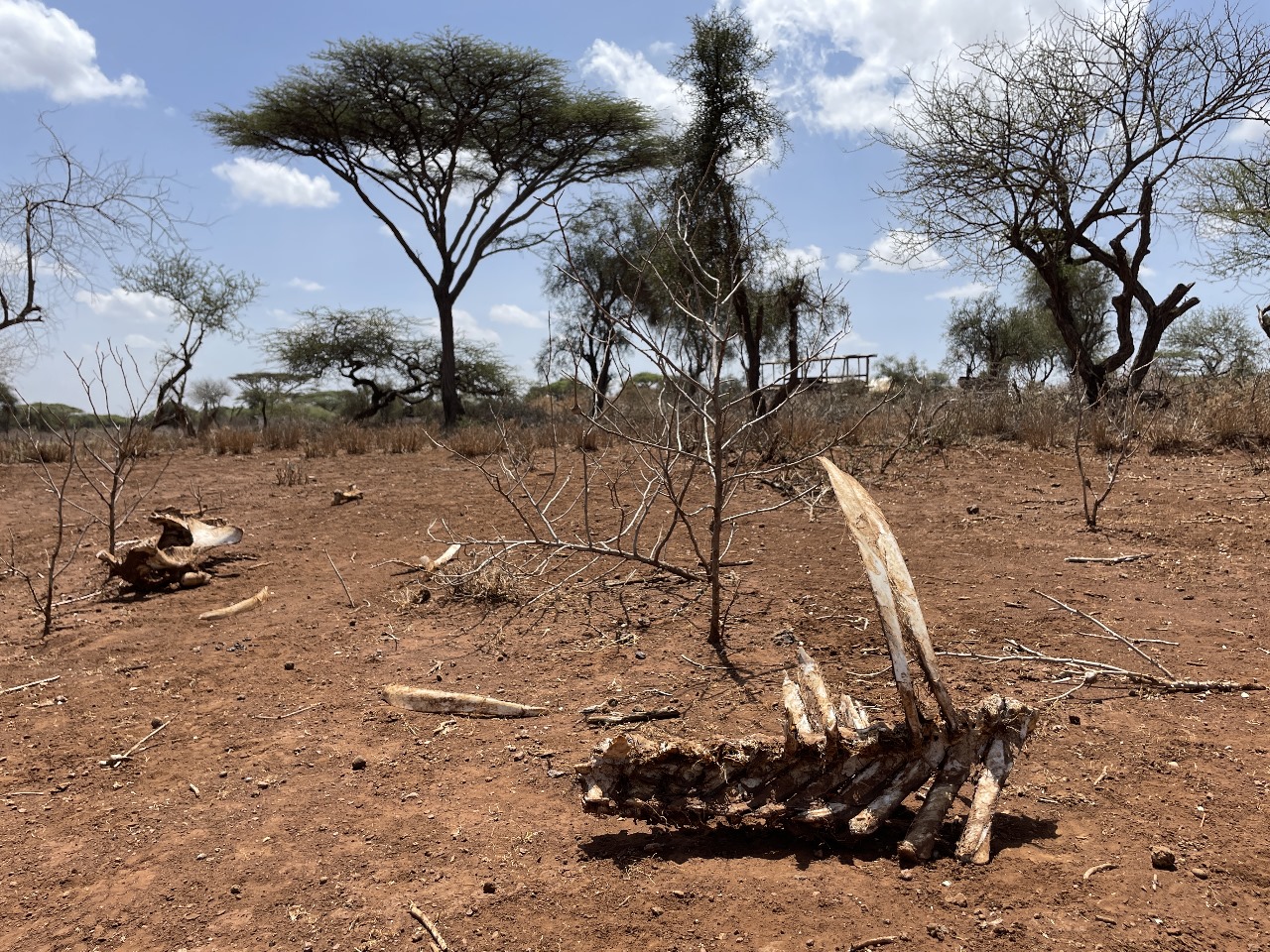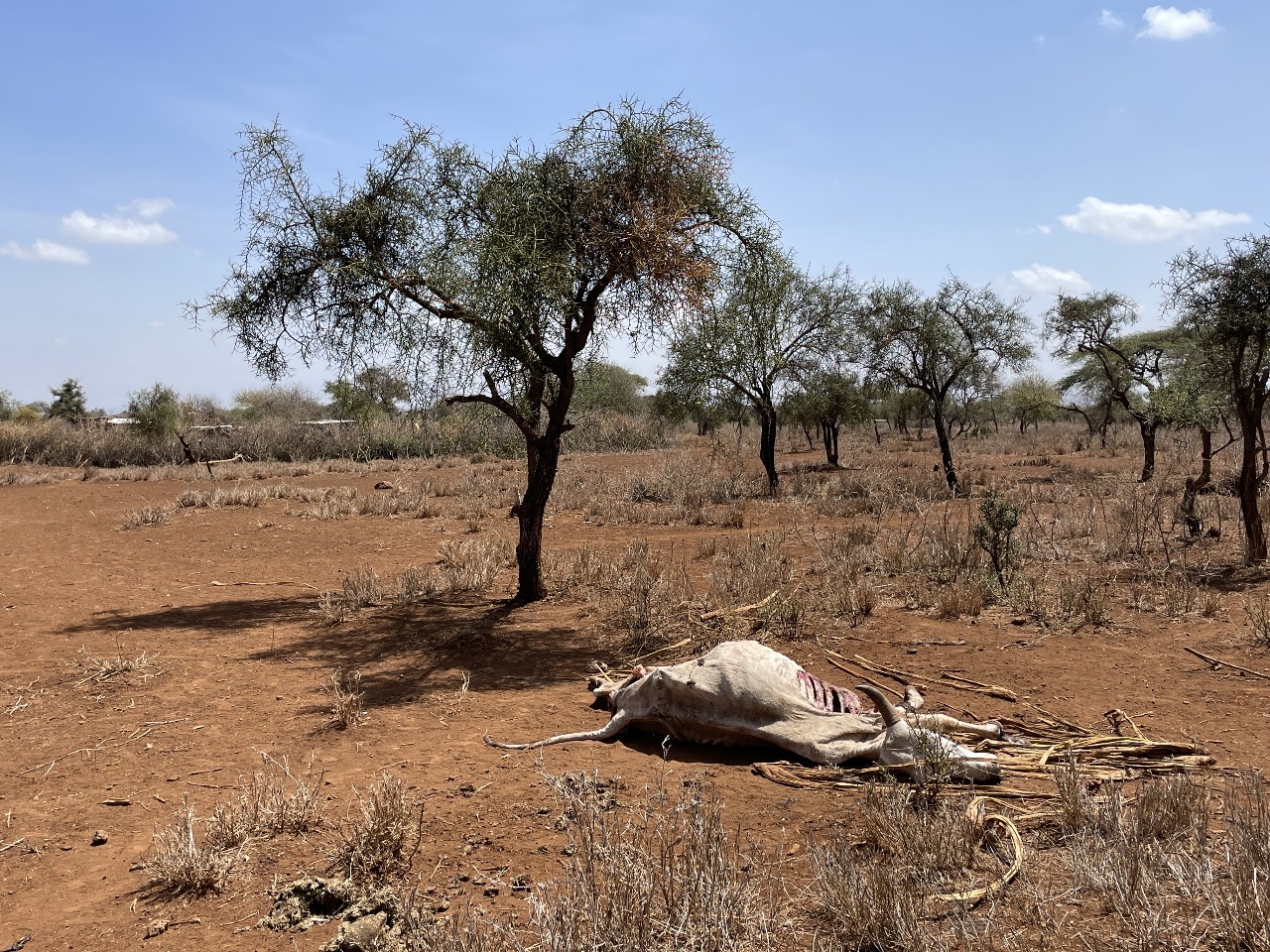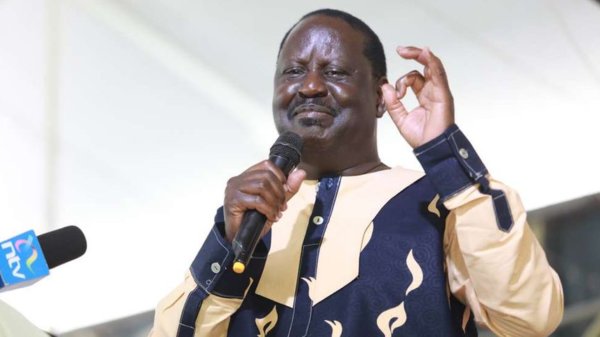
Climate change continues to be a cause of worry for the human population and any other form of life on earth for the world is now warming faster than at any point in recorded history.
Warmer temperatures over time are changing weather patterns and disrupting the usual balance of nature.
This article reveals the findings of a comprehensive study conducted in Kenya’s Kajiado County with the objective of comprehending the impact of climate change on the local community and its distinctive cultural and environmental heritage.
The Maasai are a Nilotic ethnic group who are known to practice livestock farming. To them, owning large herds of cattle is a status symbol for wealth.
This is more evident when negotiating a dowry price. The Maasai who boast a population of about 2 million live in Kajiado and Narok counties in Kenya.
Their livelihoods in the past 10 years have experienced a bitter-sweet experience as climate change has taken a toll on them.
The locals who walk for long distances in search of water and pasture for their livestock are happy when the nimbus clouds start to form, a sign that the rains are coming, at least they will not be forced to cover hundreds of miles in search of water.
But the rains could be more than expected resulting in flooding hence threatening loss of lives and property.
When the rains are done and over, it is a sigh of relief, but not for long, as drought kicks in pretty hard and the ramifications are the same, loss of lives and cattles evidence that climate change is already in play.
The effects of climate change have disproportionately affected indigenous communities such as the Maasai, who are already marginalized and vulnerable.

With limited access to resources and aid, they are unable to cope with the repercussions of unpredictable weather patterns.
Naftali Nkurunna though not his real name, was born and bred in Ilbisil town in Kajiado County. In his entire life of 52 years, the livelihood of today is completely different from that of the yesteryears.
“Nowadays it is hard to tell if it will rain. Our crops dry up and die due to lack of rain. Even when you go to look for water in the river, you will find it has already dried up. Drought is another problem that makes it difficult for us to even construct permanent houses for you will not live in it your entire life, one is forced to migrate in search of pasture and water.”
According to Nkurunna majority of residents in Ilbisil town have no idea about climate change which has caused ravaging effects on their livelihoods let alone what causes the change in weather patterns.
“Our people do not understand what climate change is. They don’t know that their activities like cutting down trees contribute to climate change, and the relevant authorities have not created enough awareness about climate change.”
The locals who are now facing a serious drought threat are hoping that the rains will come after the government meteorologists predicted that there could be rain in the near future.
This comes after the IGAD Climate Prediction and Applications Centre (ICPAC) recently revealed the climate forecast for October to December 2023, indicating a significant likelihood of above-average rainfall across the majority of the Greater Horn of Africa.
Particularly noteworthy is the exceptionally high probability of experiencing increased rainfall in eastern Kenya during this period.
Subsequently, effective climate change mitigation and adaptation hinge on the collaboration among governmental bodies, local communities, non-governmental organizations, and businesses.
Through collective efforts, a sustainable and climate-resilient future for Kajiado can be realized. However, this requires a combination of local and global efforts.
Some of the efforts to be made include increasing awareness about climate change and its effects on the local community since most Kajiado residents have little knowledge on climate change.
On the other hand, education empowers individuals to take proactive measures and adopt sustainable practices in their everyday routines. Additionally, the government should engage local communities in decision-making processes concerning climate change adaptation and mitigation.
The valuable local knowledge and practices they possess can significantly enhance the development of sustainable solutions.
Also Read: COP 28 Secretary-General Pushing for a Treble Renewable Capacity Target by 2030


































































